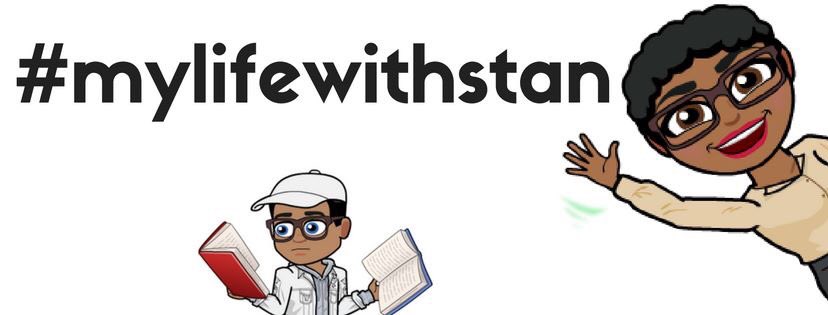A thread in which I try to interpret his new year's resolution for 2019 ( facebook.com/zuck/posts/101… )
(1) Fabricate the answer in the form of an "either or" question
(2) Make the reader feel they know the answer
(4) Make Zuck look like he doesn't know the answer
(5) Make the reader feel satisfied when Zuck later this year "discovers the right answer", which was all along what you were programmed to think
> Do we want technology to keep giving more people a voice, or will traditional gatekeepers control what ideas can be expressed?
> Should we decentralize authority through encryption or other means to put more power in people's hands?
Option 1 does not speak a language your typical 60 year old Facebook Daily Active User grandmother would understand, it has terms like "decentralize", "authority", "encryption".
> In a world where many physical communities are weakening, what role can the internet play in strengthening our social fabric?
'In a world where many communities are weakening, what role is the internet playing in our social fabric?'
'In a world where many *physical* communities are weakening, what role can the internet play in *strengthening* our social fabric?'
"Things are bad locally with national and regional societies, and Internet-or-Facebook can have a role in strengthening society and bringing the whole world together".
> How do we build an internet that helps people come together to address the world's biggest problems that require global-scale collaboration?
> How do we build technology that creates more jobs rather than just building AI to automate things people do?
Notice that he's not raising the question of how many jobs AI destroys versus how many jobs it creates, and whether the net effect is positive or negative.
It's still open how are those debates going to happen. Reddit AMA would be the most inclusive, but it'll likely be podcasts, interviews, etc.










